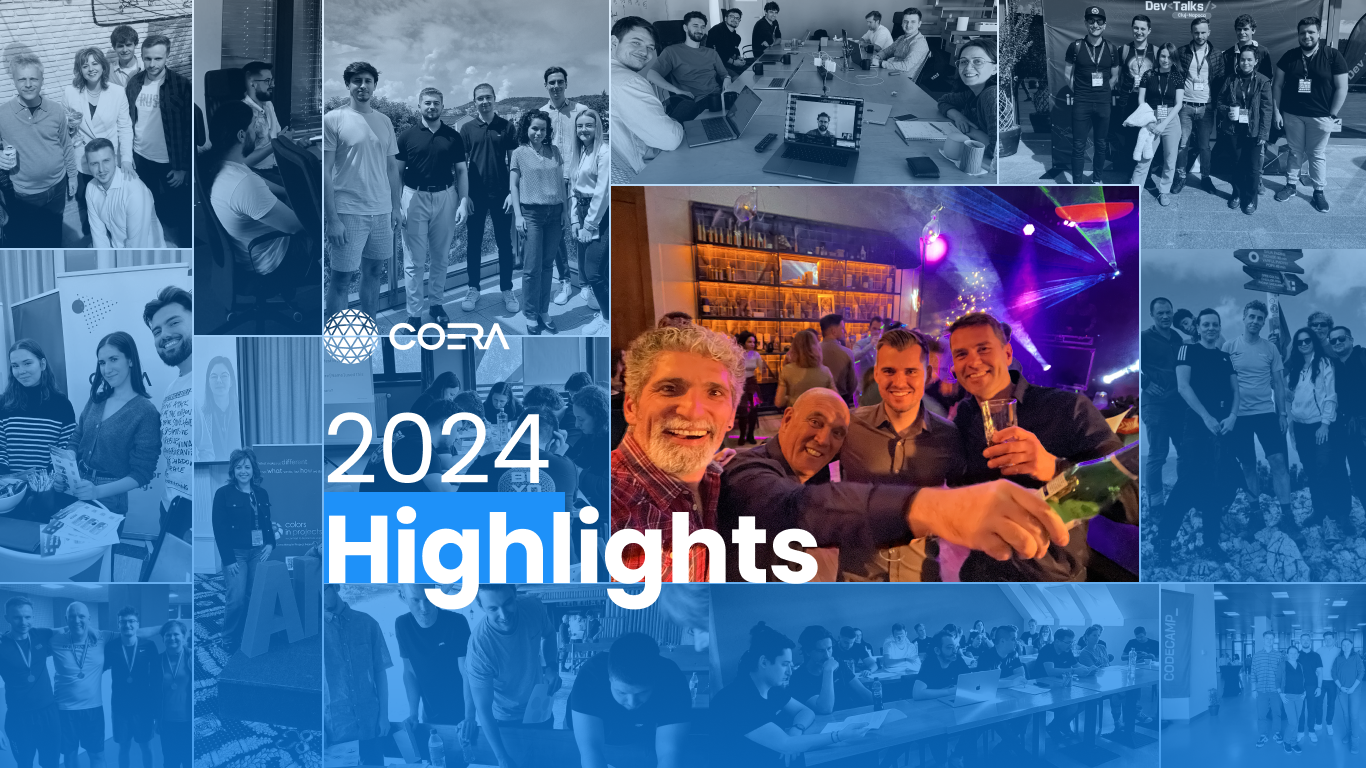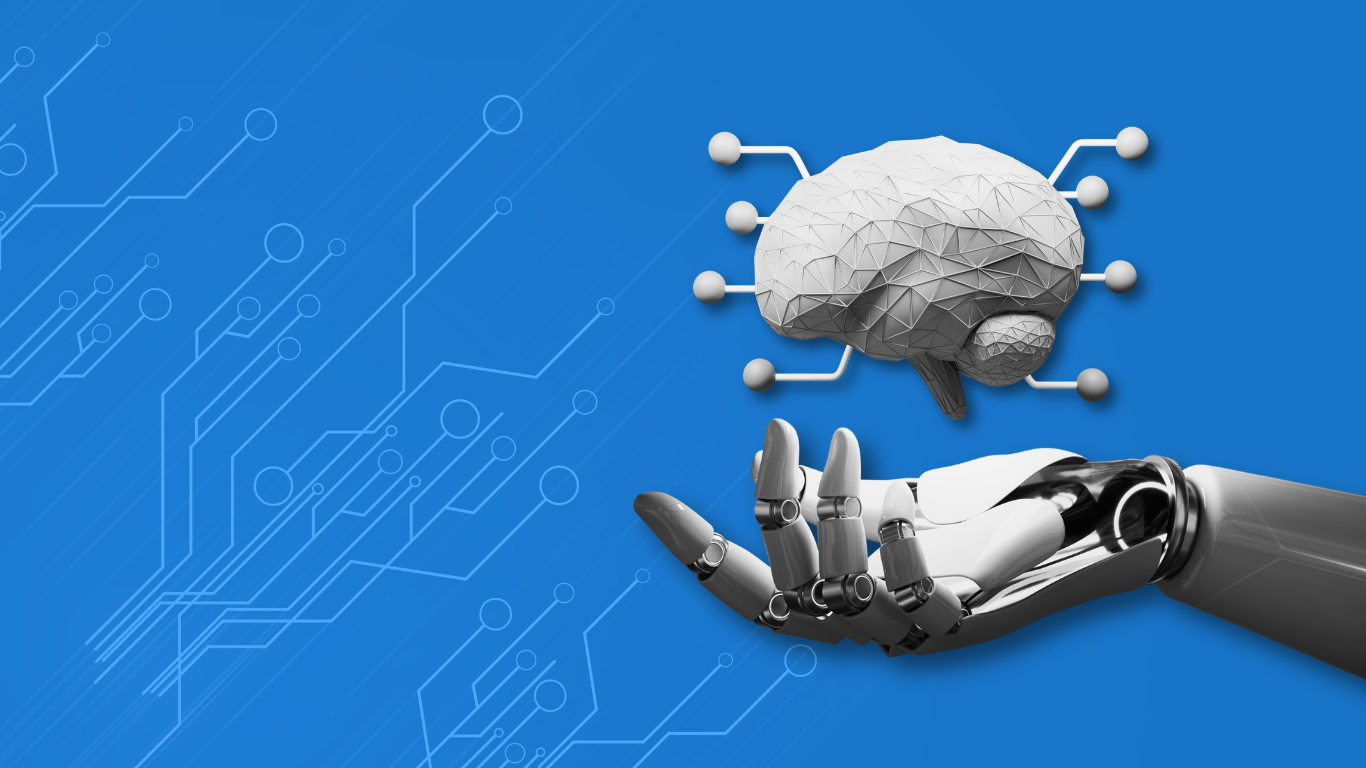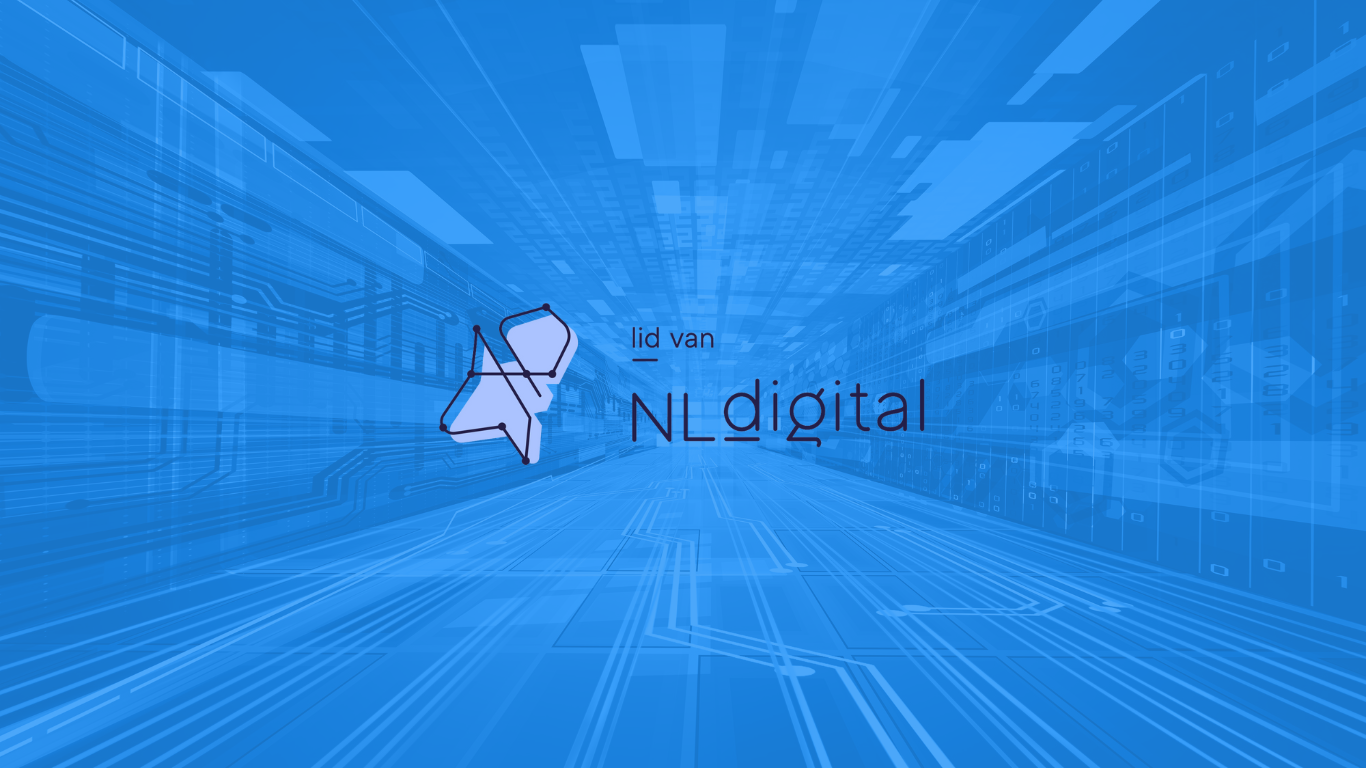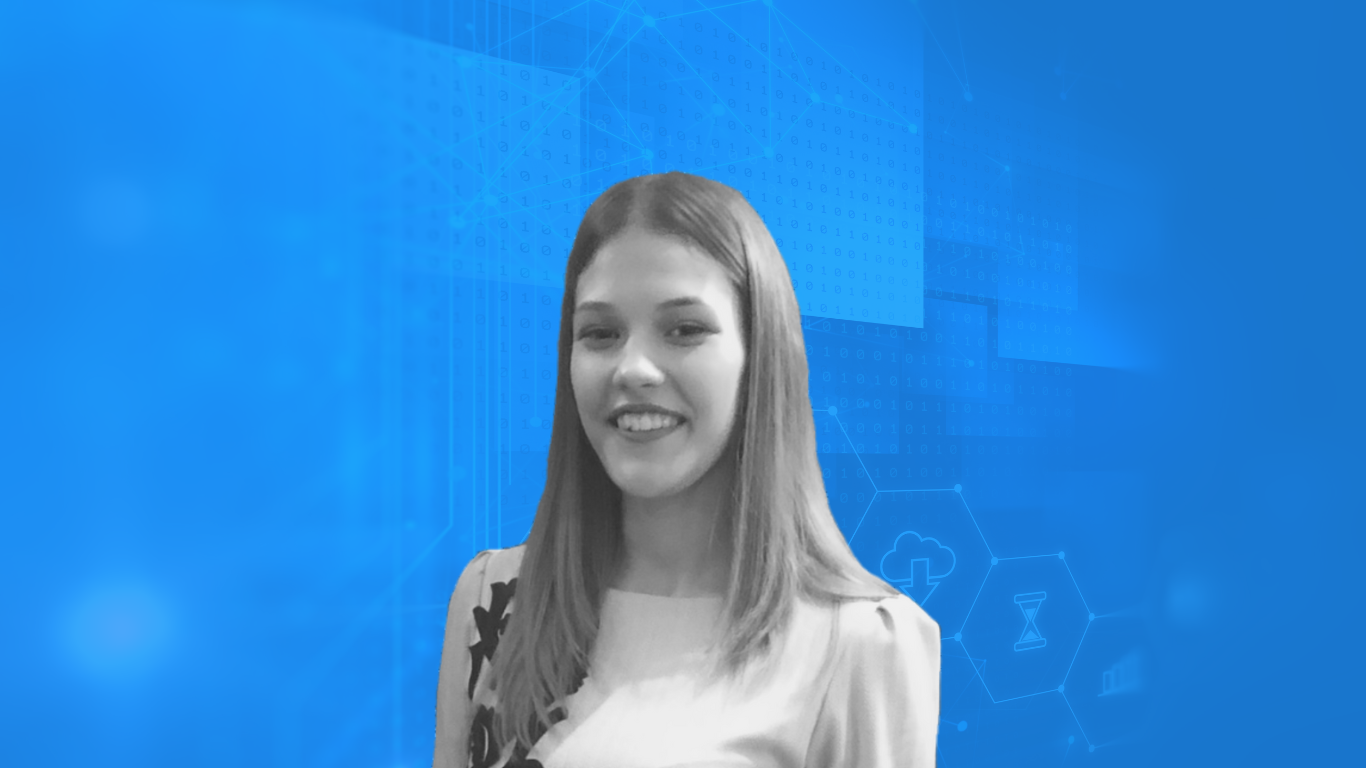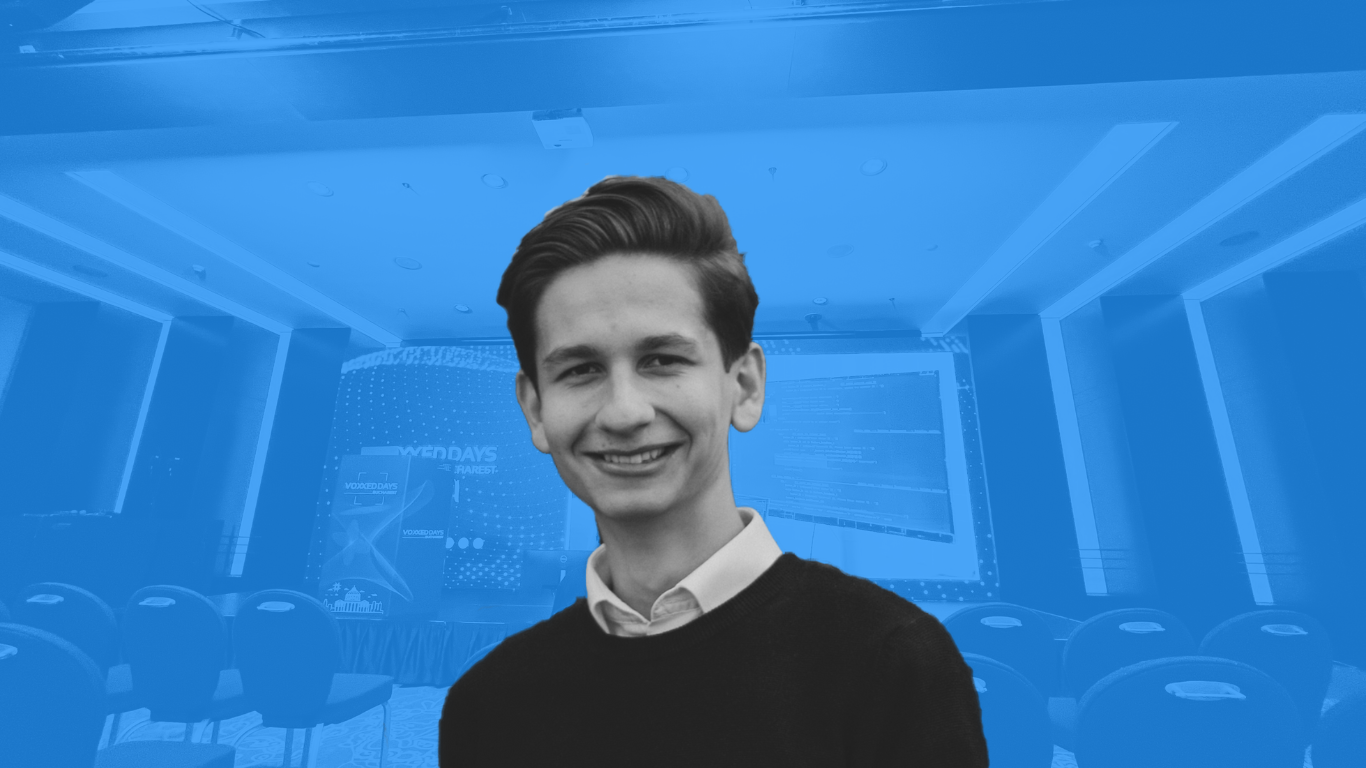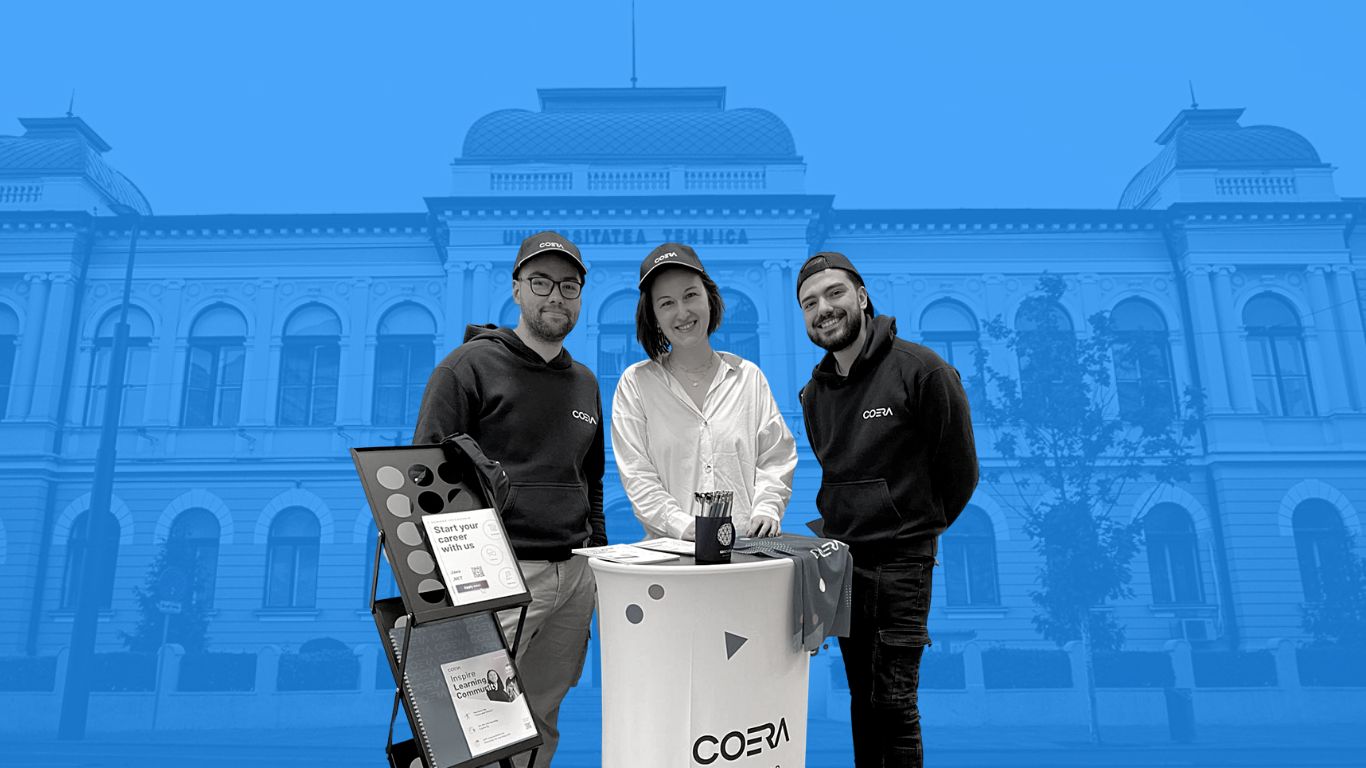In 2001, Stephan Janssen set the stage for the European tech conference scene when he organized JavaPolis in Belgium. Years later, his pioneering ambition flourished into a whole family of Devoxx initiatives reaching three different continents and even further through the independent, community-organized Voxxed Days events.
Mihai Rus, software architect at COERA, agreed to share with us a few impressions about the 2017 Devoxx Belgium conference edition. It was his second time visiting the captivating historical port city of Antwerp, having previously attended to an earlier edition of the same conference
Alexandra Spiridon: To start off, tell us a bit about your overall impression of this conference edition.
Mihai Rus: What I noticed, and this is a holistic idea that I gathered from the conference overall, is that separate providers of software offer separate solutions to all sorts of problems and in doing so they considerably simplify those problems. Nowadays developers can find many APIs that offer all kinds of cloud services and tools to abstract their work to the extent that it’s enough for them to write down their business problem.
I think we should pay attention to the main threads that we can track down in every project, from logging to monitoring, and see how these steps could be solved if there weren’t all of these applications to help us deploy them in cloud. These days we can find many services and even many open-source tools to solve specific problems, but I think we should favor the ones that are most desired by clients, and fit their problem domain.
AS: Why this particular conference, Devoxx Belgium?
MR: First of all, I have attended to another previous edition of Devoxx Belgium. I chose it again this year because compared to other conferences I have attended to it provides many more options to choose from in terms of tracks and presentations. Generally, this conference has a much larger openness to different subjects and is not particularly focused on a single area such as developer content, methodology or architecture.
The speakers are very well prepared and I did find it a plus that the conference did not have a separate track for business management or related subjects, since it facilitated a holistic technical approach to the overall topics of discussion. At Devoxx I feel you can see the leading-edge trends in the industry much more clearly, as well as the solutions, technologies or tools you can access.
AS: Tell us a little bit about the major themes approached at this conference.
MR: For the past couple of years, the industry focus has been on microservices. More precisely, about different approaches to help developers create their microservice architecture. Now, I feel like there has been a shift towards ways to manage microservice infrastructures, probably based on the assumption that many people have already adopted them. Another major trend was serverless architecture. One of the reasons developing an application to run serverless is beneficial relates to its users, who get to pay solely based on the processing power they need, and that’s nice.
Lastly, another major area of interest was related to event processing. If until now a a syncronous request processing method would have sufficed, with so much information coming from IoT devices nowadays, there are incrementally more events coming in. So we need to find ways to deal with these millions of pieces of information and that’s another hot topic of discussion at the moment. All the subjects mentioned above were accompanied by presentations of different tools, libraries or cloud support large companies can provide for the problems encountered by developers when trying to apply these changes to their projects.
AS: What were the presentations you chose to look into?
MR: I went to the first presentation, powered by Oracle, where they discussed about new features contained in Java 9 and I attended to another presentation on how to migrate your application to Java 9 more easily. The presentation can be watched here.
Other interesting presentations were Martin Odersky’s Plain Functional Programming and Amazon Alexa Skills vs Google Home Actions held by Baruch Sadogursky. In the last one, the speaker talked about how to use Amazon’s API to customize your personal assistant and related to Google Home, how to create your own voice-enabled applications. One of the thought-provoking examples he gave us was getting to interact with your assistant while connected to Jira and being able to tell it to bring up the most important issues, inform you who has some certain issues assigned, to make it move bugs from blocker to critical state and other things you could do, which I thought was very interesting.
AS: To what extent did you find the presentations fitting to your working projects?
MR: A few tracks focused on a lot of tools we are already using in our projects so at least to some extent we are quite cutting-edge with the technologies we work with. However, I tried to attend to presentations which aren’t directly related to what we do at the moment, or we didn’t considerably utilize until now, or could prove gainful if we were to adopt them.
What I did focus on were presentations on event processing and serverless architecture. In the project I am currently working on, we have some tools that we use to write code in order to process and generate events. I looked into the presentations on this subject to find out if there are other, maybe more advanced or more proficient tools to help us achieve this and to see what the biggest challenges concerning event processing are.
Additionally, I went to presentations related to serverless architecture and found it interesting that in some cases it might prove more efficient and cost-effective to write an application using this method compared to developing it in a more classical way. A very nice presentation on this topic can be watched here.
AS: To whom would you recommend this kind of conference?
MR: I think anyone who is passionate about technology can find something of interest at these types of conferences that provide several tracks, no matter their professional level, whether it be junior, senior or architect. If you are interested in technology, this kind of conference helps you find out what the requirements on the market are and what kinds of problems large tech companies providing tools on the market are trying to solve. Because of this, many companies offer all sorts of open-source tools and that could prove useful.
At the same time, these conferences can help you grow your awareness. So, if you haven’t been in tune with the technological advancements or haven’t read all the available blogs or haven’t been paying close attention to everything that has been going on, these conferences manage to create quite an extensive summary of the current situation in the field of technology, of the market requests and of the investment areas currently pursued by tech giants.
AS: I have the feeling that this discussion might not have been enough to cover all of the relevant aspects concerning the subjects that we tackled. That being said, with your permission, we could extend the discussion on these topics of interest in other technical articles or presentations!
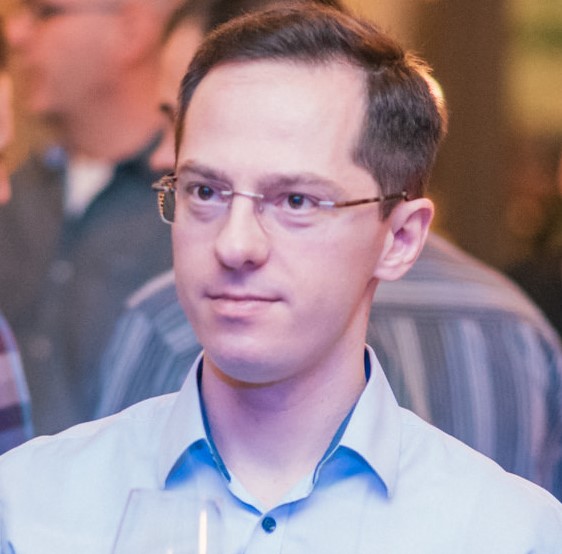
Mihai Rus’s area of expertise covers the design, architecture and development of solutions for industries such as finance, insurance and healthcare. At COERA, he is currently focused on the technical consultancy and architecture of an identity and access management product. The I&AM product handles challenges faced by European enterprises and helps them manage the identity lifecycle and the rights of their consumers, employees and business partners. His keenness for software development is complemented by his interest in both leisure, outdoor activities and the welfare of the community, wherein he is an active contributor.

